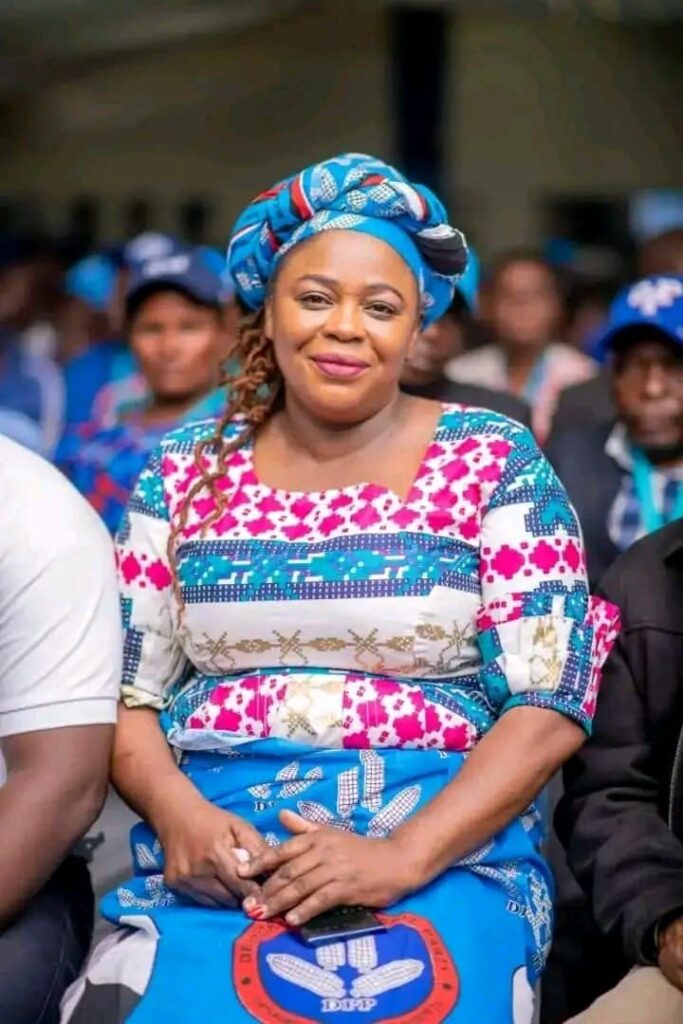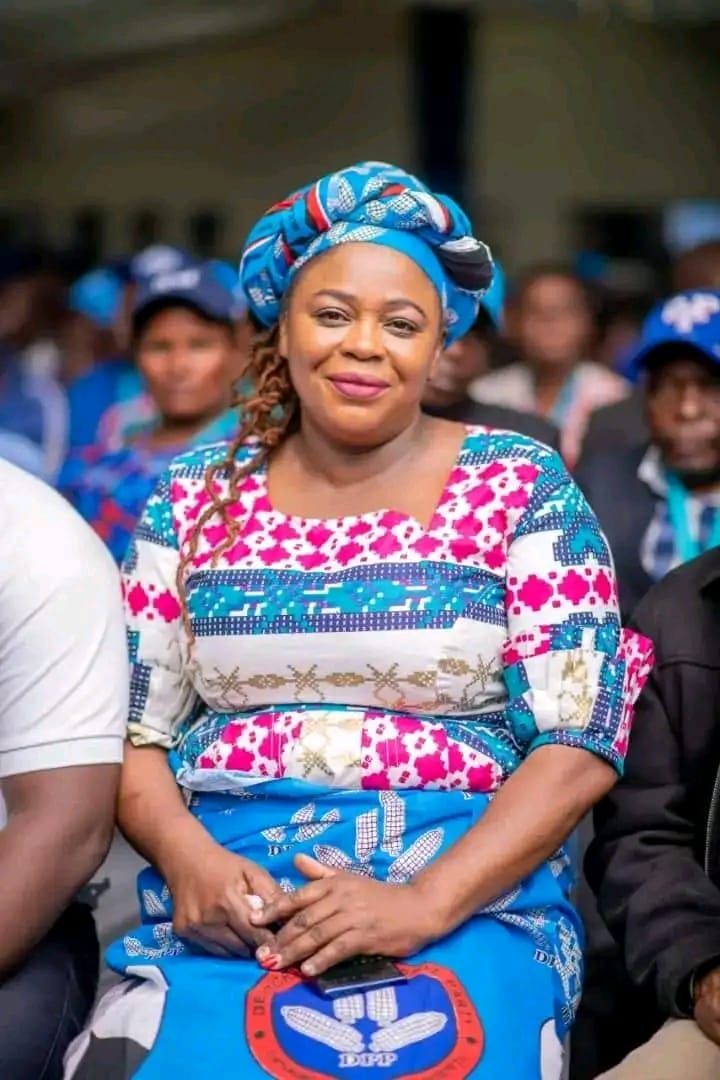By Burnett Munthali
Gladys Ganda’s endorsement of President Chakwera, while holding the position of Director of Elections in the opposition Democratic Progressive Party (DPP), raises several critical issues, both politically and strategically. At its core, Ganda’s statement creates tension within her own party and raises questions about her allegiance and judgment as a key figure tasked with strategizing for elections.
As the DPP’s Director of Elections, Ganda’s primary responsibility is to work toward securing electoral success for the DPP. Endorsing the sitting president, who is from the Malawi Congress Party (MCP), undermines that responsibility. It signals mixed loyalties and could cause internal strife within DPP ranks, where unity and a clear stance against the ruling party are essential for electoral success. Her endorsement essentially weakens the opposition’s credibility.

Political parties rely on unified messaging to build trust with voters. Ganda’s endorsement of Chakwera sends a message that she, as a senior figure, may believe that the DPP cannot provide better leadership. This weakens the party’s strategic position and its messaging in upcoming elections. It could also demoralize party supporters and create divisions, as many would see this as her aligning with the ruling party’s vision instead of building a strong opposition front.
For voters, Ganda’s statement may generate confusion about where the DPP stands as an opposition party. Her role requires clarity and determination to oppose the ruling party. By publicly endorsing Chakwera, she adds to the perception that the DPP may be fragmented or lack a strong alternative leadership vision. In a political environment where trust in institutions and parties is vital, such mixed signals can erode public confidence in the DPP.
Discussing elections in this context was unnecessary, as it distracts from the DPP’s need to consolidate its base and craft its election strategy. Ganda’s remarks may be seen as a distraction, shifting focus from what the opposition should be doing—providing a robust critique of the ruling party and offering concrete solutions for the country’s future. Her focus on elections might come off as premature, especially when internal party cohesion and policy matters need attention.
The DPP could respond to Ganda’s statement by questioning her suitability for her role. Her comments might lead to calls for her resignation or reassignment within the party. For a Director of Elections, credibility within the party is crucial, and her endorsement of Chakwera risks alienating her from key members who may view her actions as a betrayal of the party’s cause.
In summary, Ganda’s endorsement of Chakwera while serving as the DPP’s Director of Elections was politically and strategically problematic. It has created confusion about her loyalty to the opposition, weakened the party’s stance, and may lead to significant fallout within the DPP ranks. Instead of focusing on elections, Ganda should have maintained a united front within the DPP and avoided any statements that could blur the party’s vision for the future.



